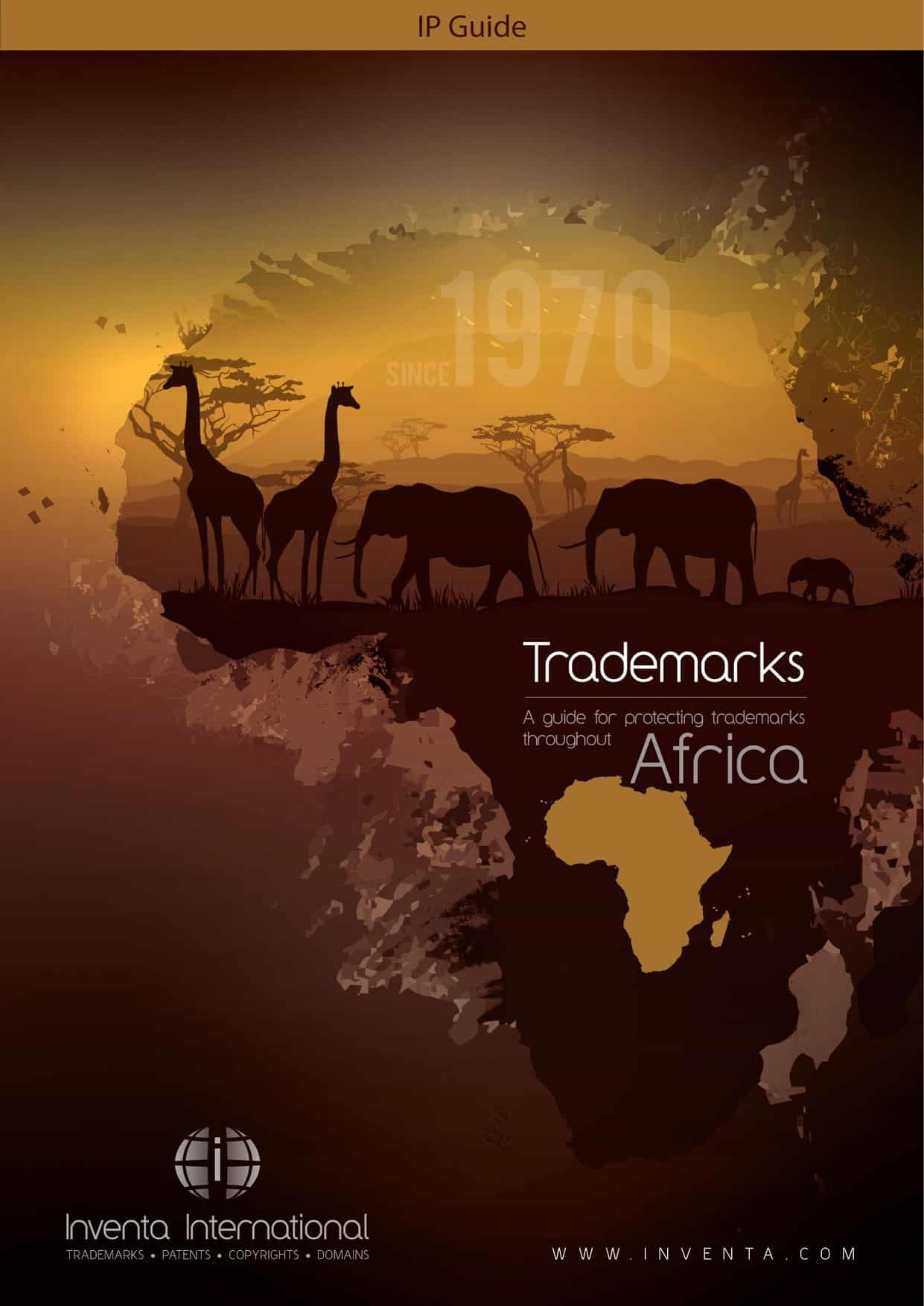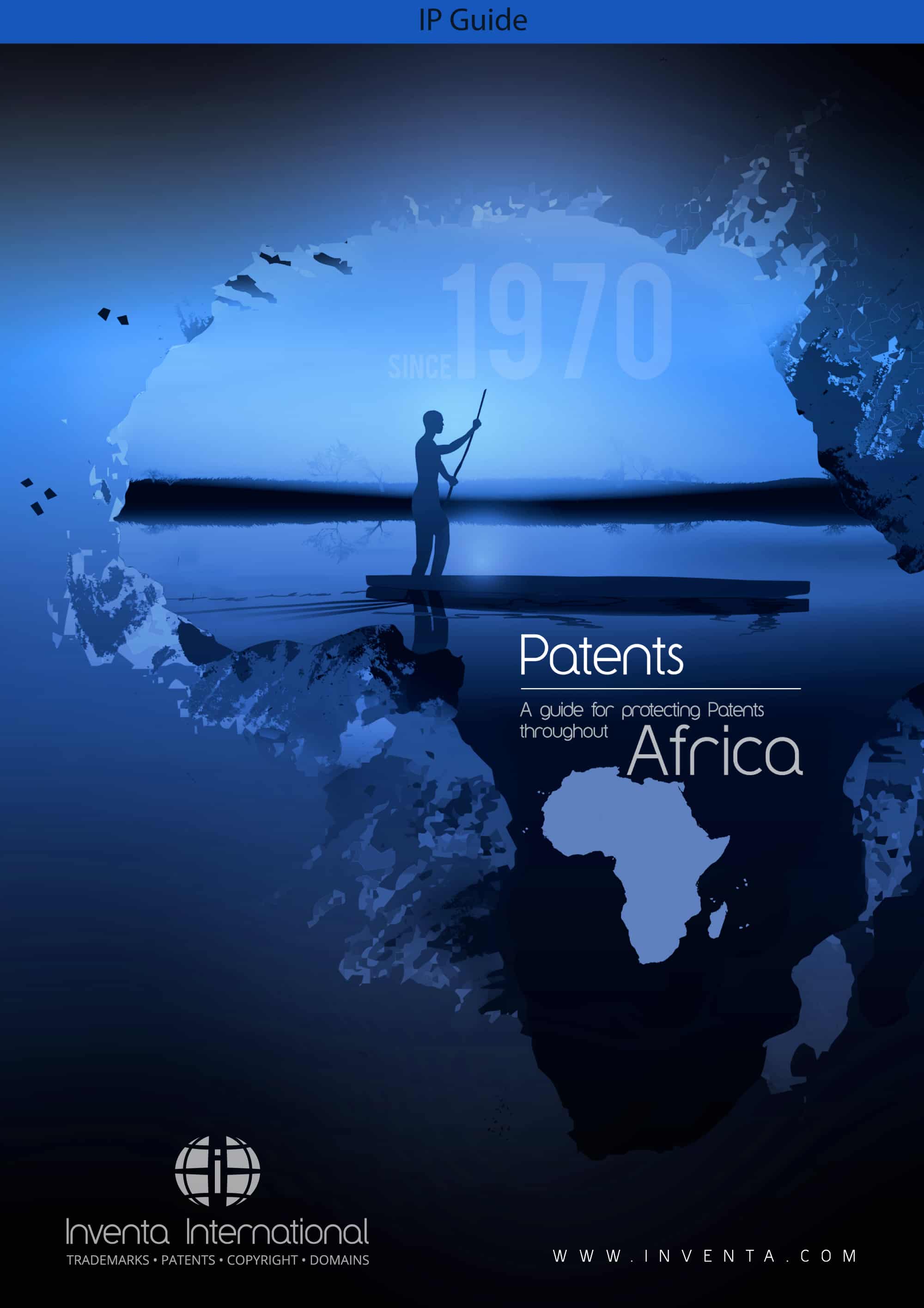Patent - Benin
Covers its member states' lack of national Intellectual Property laws, with automatic and unified protection
An OAPI (African Intellectual Property Organization) encompasses the majority of African French speaking countries and was created March 2 nd , 1977 with the Bangui Agreement with the goal of fostering cooperation between member-states and the sharing of common objectives in Intellectual Property matters. The most distinctive characteristic and advantage of OAPI is that a single registration is automatically effective in all its member-states, without the possibility of designating only some countries. Member states do not have national Intellectual Property Laws.
The Bangui Agreement works as a common Intellectual Property Act and its provisions have the effect of national law in each member-state and no validation or extension is required. The organization is also a member of the Paris Union and the Patent Cooperation Treaty.
OAPI Map
Browse countries that are part of OAPI
Search or select from the list
There are no results for your search.
Benin
Patent Details and Timeframes
Priority claim
Available
Substantive Examination
Available
Body responsible for non-use cancellations
Court
Use Requirement Period
3 years
Requirements
Application Requirements
- Power of attorney, simply signed.
- Applicant data.
- Copy of priority document (if applicable).
- Inventor(s) data.
- Patent title, abstract, description, claims and drawings.
Renewal Requirements
- Power of attorney, simply signed.
Assignment Requirements
- Deed of assignment, simply signed by the assignor and the assignee.
- Power of attorney from the assignee, simply signed.
Change of Name Requirements
- Power of attorney, simply signed.
- Certificate of change of name.
Change of Address Requirements
- Power of attorney, simply signed.
- Certificate of change of address.
License Requirements
- Power of attorney from the licensee, simply signed.
- License Agreement signed by both parties.
Why Inventa?
Global Network with a special focus in Africa
Through a network of local offices, including several locations in Africa, and an extensive network of associates, we are committed in delivering a global coverage with local experience.
Experience
With over 45 years of experience in Intellectual Property, Inventa has served thousands of clients, from small entrepreneurs and startups, to multinationals holding large trademark and patent portfolios, and other entities dealing with R&D on a daily basis. Furthermore, our experience allows us to understand the caveats of the different industries, since we maintain relationships with clients from different sectors, including food and beverages companies, communications, IT, pharmaceutical, manufacturers, oil & gas companies, financial institutions, business services companies and more.
Tech drive
Inventa recognizes that in this day and age, information management and the internet have taken over many aspects of business. To accompany the changing needs of our clients, over the last few years we have increased our activity in the area of technological infrastructures and information systems. In this way, Inventa seeks to respond to the different demands of both the market and its clients.
Global Network
Thanks to our large network of contacts and associate level, we offer our clients a vast team of highly-specialized professionals in the Intellectual Property field and related strategic sectors. Our professionals guarantee highly-personalized and efficient accompaniment of all our services.
Local Presence in Africa
African Countries present some of the greater challenges when it comes to protecting Intellectual Property. As such, local presence is paramount to attain a high standard of quality, similar to what can be practiced in other regions. Our local presence in Africa allows us to deal with the challenges presented to us, whether it’s red tape, instability, cultural differences or language barriers. The key to our success in Africa has been the training of local technical staff and their demonstrated enthusiasm for Intellectual Property.
Latest news




